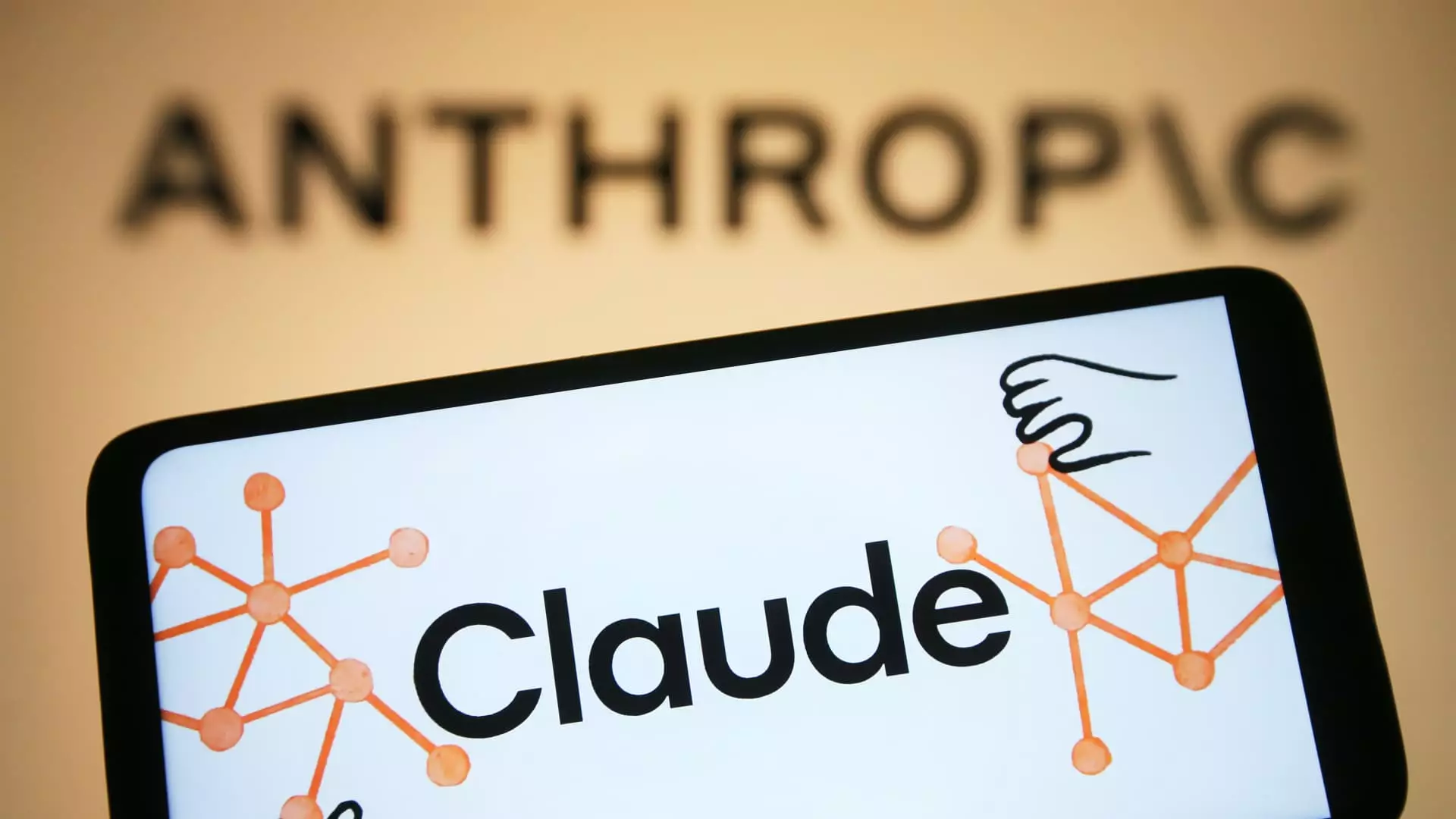In an age where the race for artificial intelligence (AI) supremacy is the hottest competition in tech, Anthropic’s recent revisions to its “responsible scaling” policy are noteworthy, though perhaps insufficient. The company, under the considerable weight of Amazon’s backing, outlined a series of safeguard updates intended to govern the deployment of their AI technologies. However, one cannot help but feel that the response lacks the urgency warranted by the perils associated with AI advancements. Defining safety levels based solely on the potential impact on state programs or on operational roles within the company illustrates a reactive rather than proactive stance towards AI ethics and regulation.
AI’s Dual-edged Sword
The notion that AI can be leveraged to assist “moderately-resourced state programs” in the development of chemical and biological weapons is alarming. It emphasizes the inherent risk of powerful AI tools being inappropriately harnessed, falling into the wrong hands or being misapplied. The promise of innovation and automation that AI holds cannot overshadow the potential for dystopian outcomes. Furthermore, Anthropic’s decision to implement security measures only after stress-testing for certain dangerous capabilities represents a troubling approach. It suggests a mentality of crossing fingers, hoping for the best rather than anticipating the worst, and for an industry that claims to be shaping the future, this is incredibly irresponsible.
The Market Landscape: Who’s Winning?
Anthropic’s valuation, pegged at $61.5 billion, positions it among the upper echelon of AI startups; however, it still pales in comparison to its larger rival OpenAI. The fierce landscape, punctuated by the likes of Google and Microsoft, foreshadows an impending arms race in AI technologies that could lead to unforeseen consequences—not just for the companies involved but for global society as well. The impending $1 trillion threshold for generative AI revenue within a decade is thrilling for investors, yet this unbridled enthusiasm seems to overshadow fundamental ethical considerations.
As this competitive ethos intensifies, the strategic movements of AI companies warrant considerable scrutiny. Rivalries are not merely corporate but hold geopolitical implications, especially with the emergence of competitors like China. The potential for AI technologies to spiral out of control is not merely academic; it is a reality reflected in attempts by nations to harness AI for malicious purposes.
The Illusion of Security
Anthropic’s initiation of extensive security protocols and the establishment of risk councils is commendable yet unsettling. The fact that they have to “sweep physical offices for hidden devices” signals a broader paranoia that belies trust within such organizations. The introduction of technical surveillance countermeasures indicates that even the companies integrating AI into everyday life don’t fully trust their own creations. When organizations concentrate more on safeguarding their premises from surveillance, one must question how earnest these companies are about responsible scaling and development, particularly when they are racing towards monetization.
In an environment hostile to ethical reflection, the lessons learned from Anthropic’s approach may very well shape how we manage AI technology in the future. It beckons an urgent call for a paradigm shift: one where ethics precede advancement—not as an afterthought, but as the guiding principle. This calls for a concerted effort from stakeholders to prioritize ethical implications, ensuring that AI serves humanity rather than jeopardizing it.

